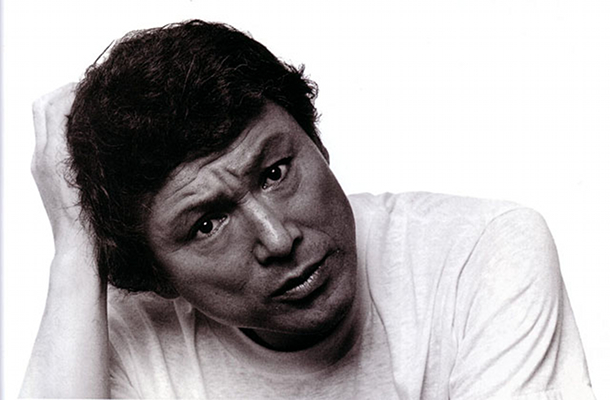
TIFF Spotlight Japan Review: Odd Obsession (1959)
Kon Ichikawa’s bleak comedy Odd Obsession fades from black onto the head and shoulders of Tatsuya Nakadai, just beginning the most fruitful period of his wide-ranging career as a leading man for the likes of Masaki Kobayashi, Hiroshi Teshigahara, and Akira Kurosawa. His medical student character’s youthful poise immediately sours into smugness as he directly addresses the audience for the first and only time, outlining the ages at which various human bodily functions weaken and eventually fail. His eerily wide grin at indicting the audience’s physical entropy exposes his hypocritical inner self before any other character can even glimpse it. This provocative opening salvo explicates both the form and content of Ichikawa’s film: a detached, observational perspective on the eternally human quest to resist the degenerative process of aging.


